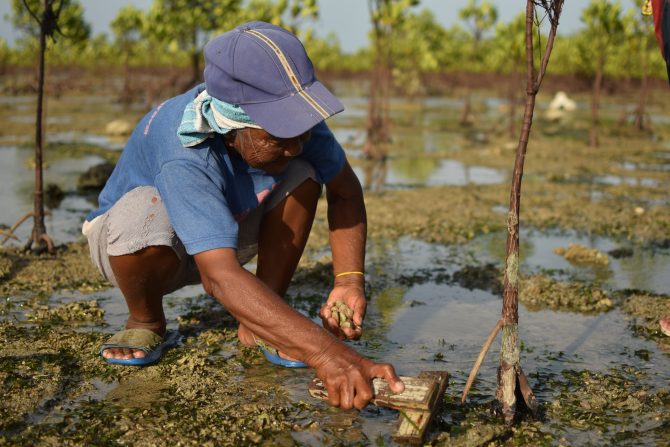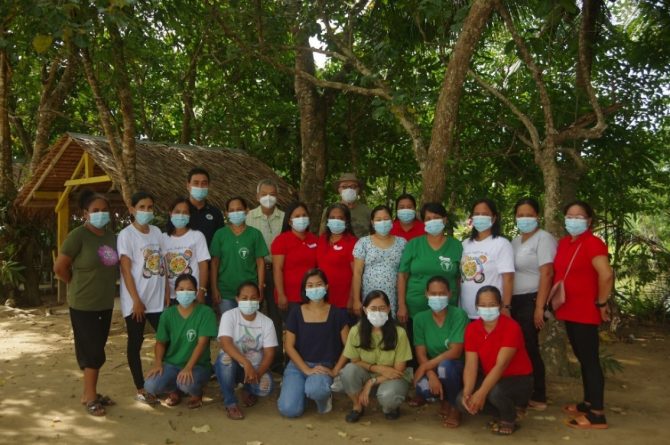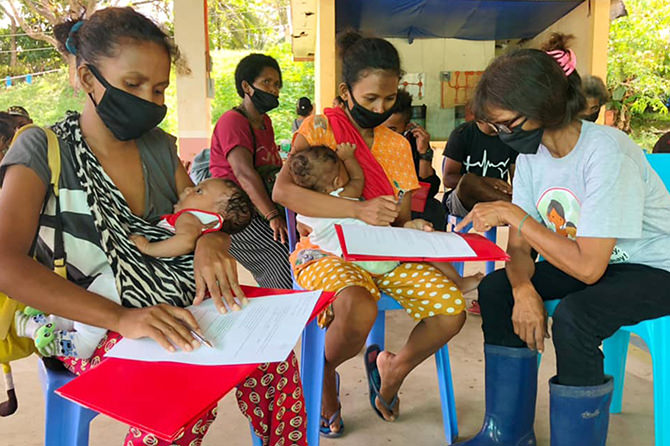SDM Project: Institutionalizing Indigenous Food Systems of the Sierra Madre Biodiversity Corridor and the North Philippine Sea Bioregion
12.03.2024
SUBMITTED ORGANISATION
Daluhay
PARTNER ORGANISATIONS
Aurora Provincial Health Office, SAKAILAP and SAMANAP Indigenous organization
DATE OF SUBMISSION
31/10/2022
REGION
Asia
COUNTRY
Philippines
Link
Abstract
Indigenous, Ridge to Reef food systems began to be institutionalized for maternal health, coastal biodiversity conservation and restoration. Partnerships with the Provincial Health Office of the local government of Aurora and the Samahan ng mga Katutubong Agta Ikhan at Lhaman Phisad-phisad (SAKAILAP), an indigenous peoples organization (IPO) dominated by women were forged to address maternal health and nutrition concerns.
Childhood malnutrition is endemic in the Philippines and most pronounced in fisher settlements. Daluhay’s 7-day diet analysis across Aurora’s most impoverished communities previously elucidated maternal protein levels <20% of international/national recommendations, leading to the Maternal Protected Area concept for biodiversity conservation, restoration and wellness. This Daluhay innovation, showcased by the World Health Organization requires institutionalization initially based upon site specific actions. In the current initiative, maternal reserve establishment was accomplished with one Agta settlement through SAKAILAP and maternal nutrition valuation through the participation of 4 other indigenous people (IP)’s settlements in Aurora, expanding into 3 non-IP settlements through the Aurora Provincial Health Office.
A Maternal Ecohealth Core Group was formed and trained on assessing maternal nutritional status. The project then assessed maternal nutritional status in the target sites with the local representatives taking the lead. The assessment provided a platform for awareness raising on the significance of low protein intake during pregnancy and lactation. An extended process was used for local conceptualization of possible ecosystem reserves and then settlement approval was pursued for the selected sites. The final activity and primary output at the settlement level was to formulate a year-round plan for Maternal Ecohealth, maintaining the ecological reserves through a seasonal approach to food systems usage. The outcomes institutionalized positive ecohealth change in the target sites, the SAKAILAP and the Aurora Provincial
Health Office in the three municipalities of Northern Aurora.




